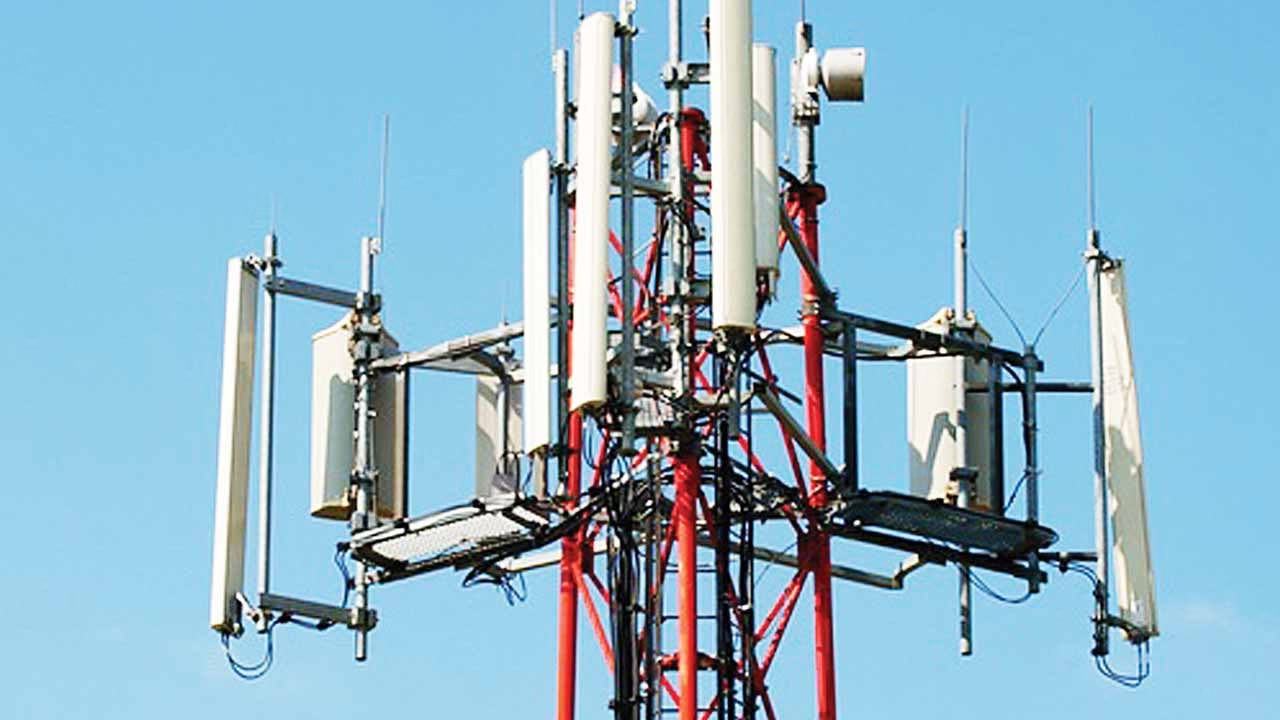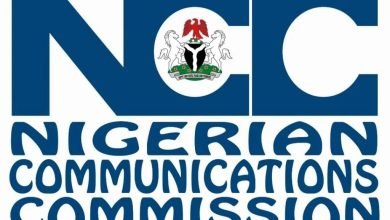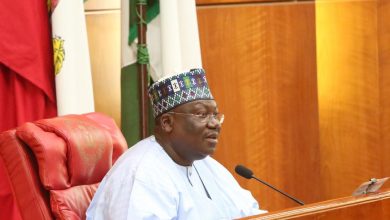NewsTechnology
NCC: No Evidence Telcos Are Shortchanging Consumers on Data

The Nigerian Communications Commission (NCC) has said there is no evidence to support claims that telecommunications companies are deliberately shortchanging subscribers through data depletion or inaccurate billing.
The regulator disclosed that it had recently taken steps to address persistent complaints from consumers, many of whom alleged that their data bundles were running out too quickly, even with minimal usage, and that they were sometimes billed for services they had not subscribed to.
Speaking in Abuja, the Executive Vice Chairman of the NCC, Dr. Aminu Maida, said the Commission had directed major Mobile Network Operators (MNOs) to engage independent audit firms to review their billing systems.
“We received a significant volume of complaints about rapid data depletion and inaccurate billing,” Maida said. “Some subscribers reported being charged for calls or data that did not match their actual usage. This created a public perception of unfair billing practices by operators. To address this, we mandated independent audits to ensure accuracy, restore consumer confidence, and demonstrate our commitment to consumer protection.”
The outcome of the audits, however, was not what many had expected. According to Maida, “The results revealed no major systemic issues of data depletion or widespread billing inaccuracies. Instead, what we found were other factors that explained the experience many consumers were reporting.”
The NCC explained that high-resolution streaming, online gaming, and video calls consume far more data than many subscribers realise. In addition, background applications and automatic updates on smartphones were found to quietly drain significant amounts of data without users’ knowledge. Complex tariff structures, the Commission noted, also made it difficult for consumers to track costs and usage accurately.
“The truth is that data-intensive activities like HD streaming, gaming, and video calls consume a lot more than most people expect,” Maida explained. “At the same time, apps and operating systems often run updates and location services in the background, using up data without people realising it. These are the real factors behind the perception of rapid depletion.”
Looking ahead, the NCC said its strategy would shift from focusing solely on operator malpractice to a broader approach that empowers consumers. The Commission will roll out public awareness campaigns to educate subscribers on high-data-consuming activities and ways to reduce background data usage.
“We are also simplifying tariff plans to make them clearer and more understandable, so consumers can make informed choices,” Maida added, noting that the consultation process on tariff simplification is already nearing completion.
Beyond the data issue, the NCC highlighted the importance of strengthening Nigeria’s broadband infrastructure. Maida stressed that Fibre-To-The-House (FTTH) deployment remains central to improving connectivity across the country.
Through its Infrastructure Company (InfraCo) licensing framework, the NCC is supporting firms that will roll out wholesale fibre infrastructure nationwide. According to Maida, “Robust digital infrastructure is more than just fast internet—it is a critical engine of economic growth, a driver of innovation, and a magnet for investment. Ultimately, it will play a major role in boosting Nigeria’s GDP.”
The NCC reiterated its commitment to protecting consumers while ensuring transparency and competitiveness in the telecom sector.





